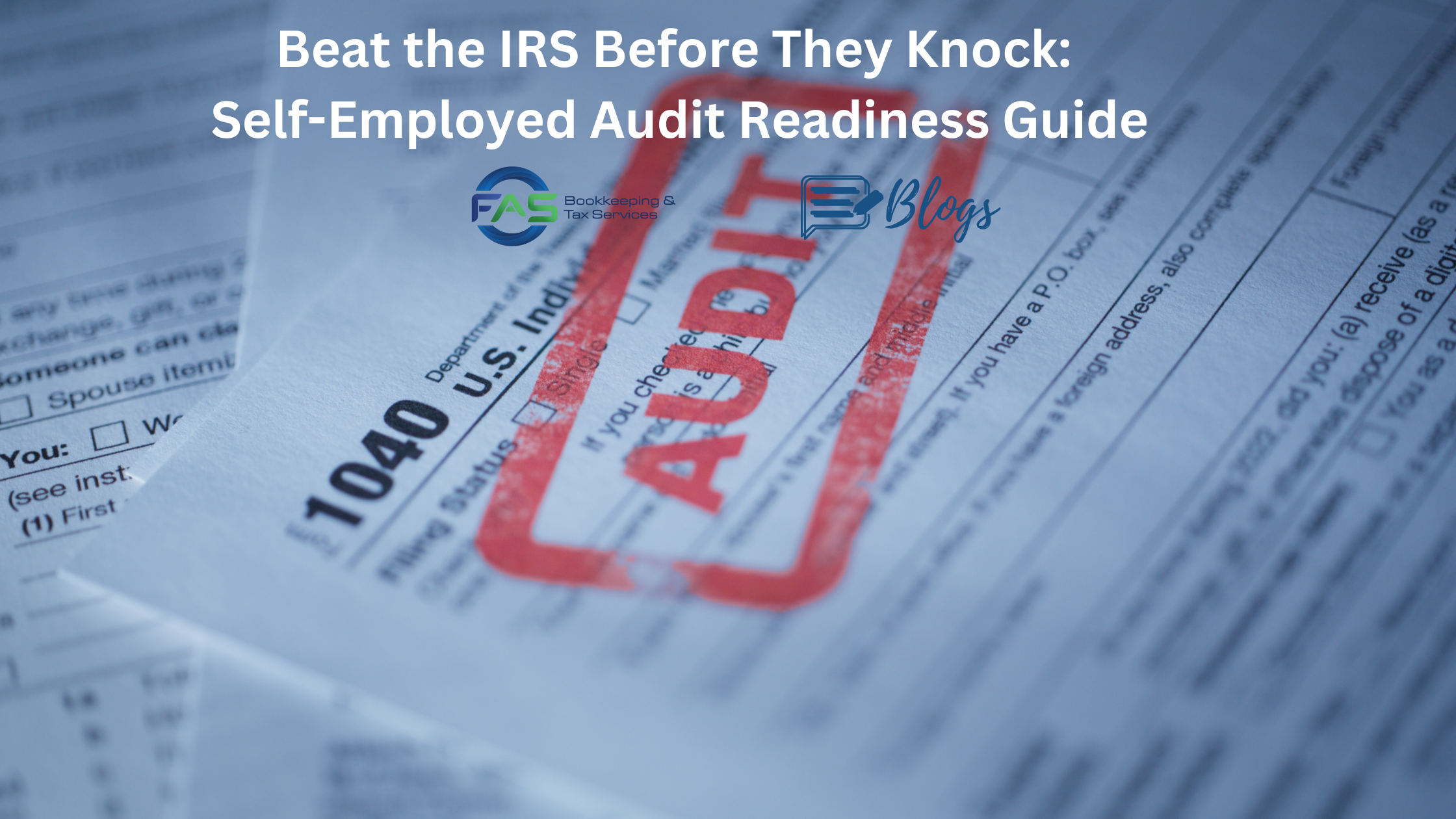As a small business owner, figuring out which form of business structure to use when you started was one of the most important decisions you had to make; however, it’s always a good idea to periodically revisit that decision as your business grows. For example, as a sole proprietor, you must pay a self-employment tax rate of 15% in addition to your individual tax rate; however, if you were to revise your business structure to become a corporation and elect S-Corporation status you could take advantage of a lower tax rate.
What is an S-Corporation?
An S-Corporation (or S-Corp) is a regular corporation whose owners elect to pass corporate income, losses, deductions, and credits through to their shareholders for federal tax (and sometimes state) purposes. That is, an S-corporation is a corporation or a limited liability company that’s made a Subchapter S election (so named after a chapter of the tax code). Rather than a business entity per se, it is a type of tax classification. Shareholders then report the flow-through of income and losses on their personal tax returns and are assessed tax at their individual income tax rates, which allows S-corporations to avoid double taxation on corporate income. S-corporations are, however, responsible for tax on certain built-in gains and passive income at the entity level.
To qualify for S-corporation status, the corporation must submit a Form 2553, Election by a Small Business Corporation to the IRS, signed by all the shareholders, and meet the following requirements:
- Be a domestic corporation
- Have only allowable shareholders. Shareholders may be individuals, certain trusts, and estates but may not be partnerships, corporations or non-resident alien shareholders.
- Have no more than 100 shareholders
- Have only one class of stock
- Not be an ineligible corporation (i.e. certain financial institutions, insurance companies, and domestic international sales corporations).
What are the Tax Advantages of an S-Corp?
Personal Income and Employment Tax Savings
S-corporation owners can choose to receive both a salary and dividend payments from the corporation (i.e., distributions from earnings and profits that pass through the corporation to you as an owner, not as an employee in compensation for your services). Dividends are taxed at a lower rate than self-employment income, which lowers taxable income. S-corp owners also save on Social Security and Medicare taxes because their salary is less than it would be if they were operating a sole proprietorship, for instance.
The split between salary and dividends must be “reasonable” in the eyes of the IRS, however, e.g., paying self-employment tax on 50% or less of profits or a salary that is in line with similar businesses. Furthermore, some S-corp owners may be able to take advantage of the 20% deductions for pass-through entities as well, thanks to tax reform.
Losses are Deductible
As a corporation, profits and losses are allocated between the owners based on the percentage of ownership or number of shares held. If the S-corporation loses money, these losses are deductible on the shareholder’s individual tax return. For example, if you and another person are the owners and the corporation’s losses amount to $20,000, each shareholder is able to take $10,000 as a deduction on their tax return.
No Corporate Income Tax
Although S-corps are corporations, there is no corporate income tax because business income is passed through to the owners instead of being taxed at the corporate rate, thereby avoiding the double taxation issue, which occurs when dividend income is taxed at both the corporate level and at the shareholder level.
Less Risk of Audit
In 2017, S-corps faced an audit risk of just 0.2% compared to Schedule C filers with gross receipts of $100,000 who faced an audit rate of 0.9% (2018 IRS Data Book). While still low, individuals filing Schedule C (Profit or Loss from Business) are at higher risk of being audited due to IRS concerns about small business owners underreporting income or taking deductions they shouldn’t be.
Help is just a phone call away.
Whether you keep your existing structure or decide to change it to a different one, keep in mind that your decision should always be based on the specific needs and practices of the business. If you have any questions about electing S-Corporation status or are wondering whether it’s time to choose a different business entity altogether, don’t hesitate to call.




